Angie's List and NextDoor's Favorite: 2017 -2024
Your home’s plumbing consists of two major systems, the fresh water system and the drain, waste and vent system. The freshwater system is a system that is under pressure to ensures fresh, clean and potable H20 to your home’s taps. This system brings clean water from your municipality by way of the reservoir or water towers. Water is pumped from underground water pipes from the reservoir. The height and weight of H2o flowing from a tower will generate pressure to ensure clean water makes its way into your taps. A properly designed & functioning fresh water plumbing system delivers pressurized fresh hot and cold freely flowing water to your appliances, toilets, sinks & showers.
However, what happens when you have low pressure at your faucets? Worse yet, what if your home’s pressure is too high? High water pressure causes major problems including pinhole leaks in your water lines. This includes pin-hole leaks in the plumbing inside of your home’s foundation. Nevertheless, high pressure will also cause a leaking toilet, your wash machine will leak and other systems to break down. Valves, hoses & gaskets are constantly under stress from the higher pressure and will cause things like a faucet leaking, water heater leaking, banging or loud pipes. Equally annoying you might run out of hot water quickly or not have enough hot water. By the same token, you might have a loud dishwasher, a loud washing machine, or continual toilet problems. All the pressure stresses the weak link in your plumbing systems so frequent plumbing problems are signs that you need to install or repair your PRV.
WHAT IS NORMAL WATER PRESSURE?
Pressure readings from 60-80psi are considered normal. Low water pressure causes its own set of problems. Conversely, high water pressure will cause major plumbing problems. That said, testing your home’s water pressure is easy to do. Best plumber Waxahachie, Duncan Plumbing can test your home’s pressure or you can purchase a pressure gauge relatively inexpensively at Lowes ( https://www.lowes.com/ ) or Home Depot https://www.homedepot.com/.
WHAT CAUSES THIS PROBLEM?
There are several reasons:
HIGH PRESSURE & WHERE YOU LIVE
If you live at the bottom of a hill, you will have more pressure coming into your home. For example, your neighbor at the top of the hill will have less pressure because water is flowing upwards. Conversely, for those living at the bottom of the hill pressure is increased. This is because the height and weight of the water flowing downhill generates pressure. In short, there is more pressure to the home at the bottom of the hill than the home at the top.
WATER PRESSURE & MAINTENANCE WORK
Along with where you live comes maintenance work. Air can become trapped in the water line when the city is working. If there has been work by the city, they will open the lines & air can get trapped. This trapped air will cause an increase.
NEW COMMUNITIES & WATER PRESSURE
New communities mean a higher pressure requirement to serve the community. That said, your provider will need to increase pressure to ensure H2O service to the community. You may think H2O pressure would decrease. However, growing communities could mean the municipality has increased pressure to serve the growing community. If you live around growing communities, new apartments or likewise, your water pressure may have increased as a result.
THERMAL EXPANSION & WATER PRESSURE
Furthermore, thermal expansion will cause an increase. For example, if you notice an increase in pressure when you use hot H2O, you are experiencing thermal expansion. Cities like Midlothian Texas require a thermal expansion tank. If the thermal expansion tank is not functioning properly, you will feel an increase. Likewise, you might hear noise from your water heater.
BROKEN REGULATOR
Also, when the water regulator which is also known as a pressure reducing valve that controls water pressure in your home is broken from debris or other sediment build up (see WHOLE HOME FILTRATION) your home is vulnerable to increased pressure. If you do not have a regulator or PRV, you need to have one installed.
WHAT DO I DO?
A pressure reducing valve or PRV is a special valve that reduces the water pressure coming into your home. Installed on the main H2o line, the PRV will bring down the pressure of the H2O coming into your home. A PRV will quickly and effectively resolving all sorts of plumbing problems. Installation of a pressure reducing valve is relatively inexpensive considering all the problems high water pressure can cause – including slab leaks
In conclusion, there are many reasons you have high H2O pressure. This little thing you may never have considered could be causing your repeat plumbing problems. Even so, the professionals at Duncan Plumbing have solutions. First and foremost, we offer expert installation in H2O pressure reducing valves. That said, we offer expert installation of H2O pressure reducing valves and replacement of your H2O regulator. To summarize, if you have pressure problems, contact Duncan Plumbing Solutions today.
The post DOES HIGH WATER PRESSURE MATTER? appeared first on Duncan Plumbing Solutions.

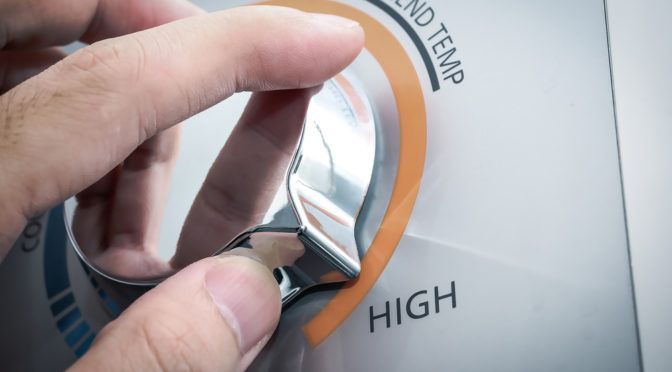
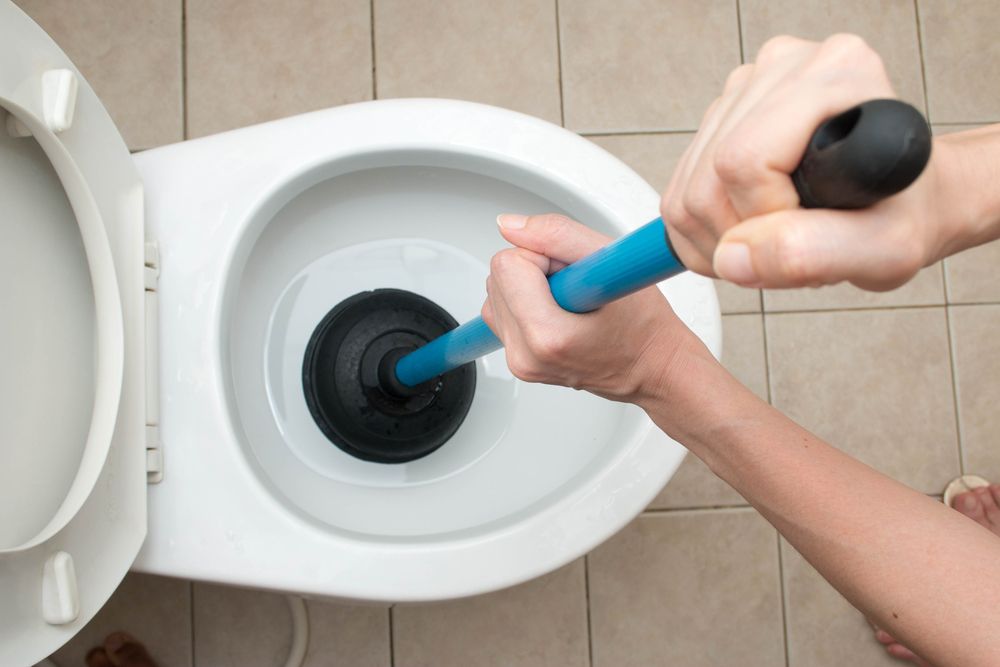

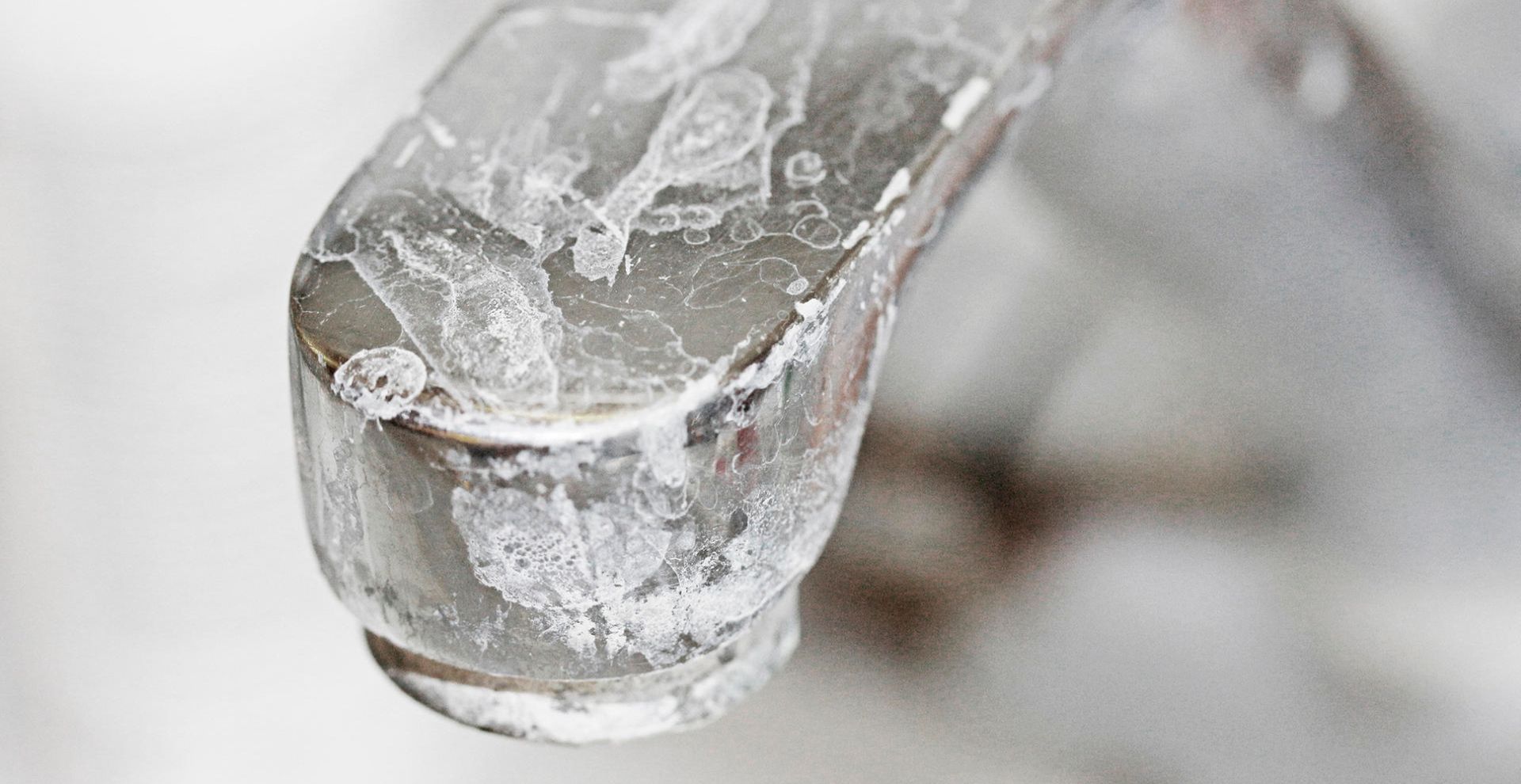

SERVING
and Surrounding Areas

HOURS
Hours:

CONTACT US
Master License # M-39624
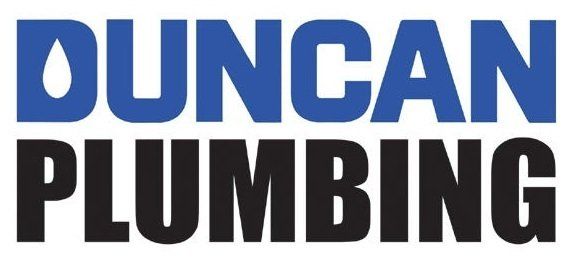

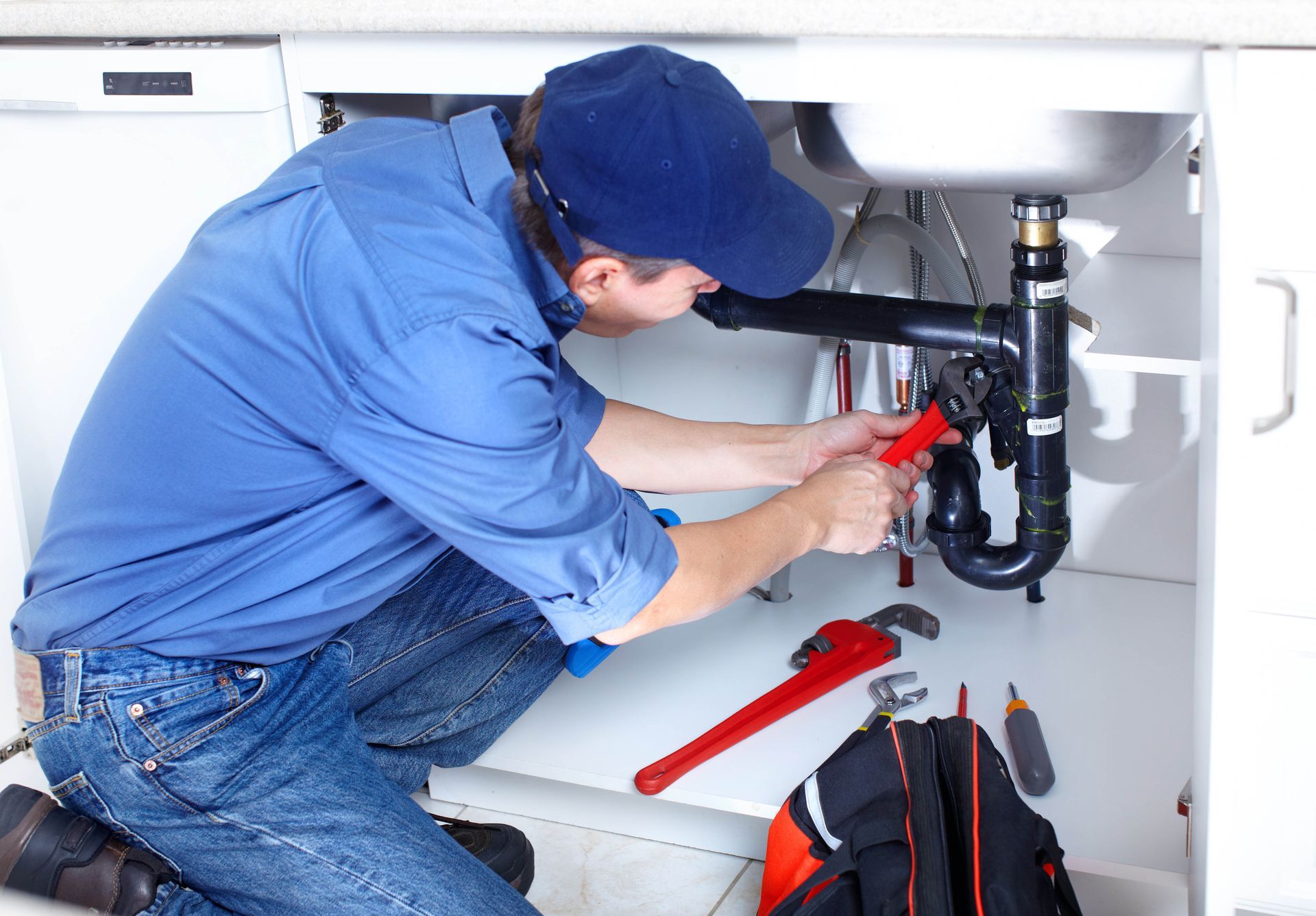




















Share On: